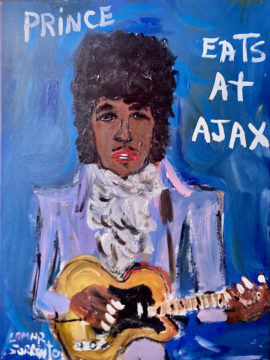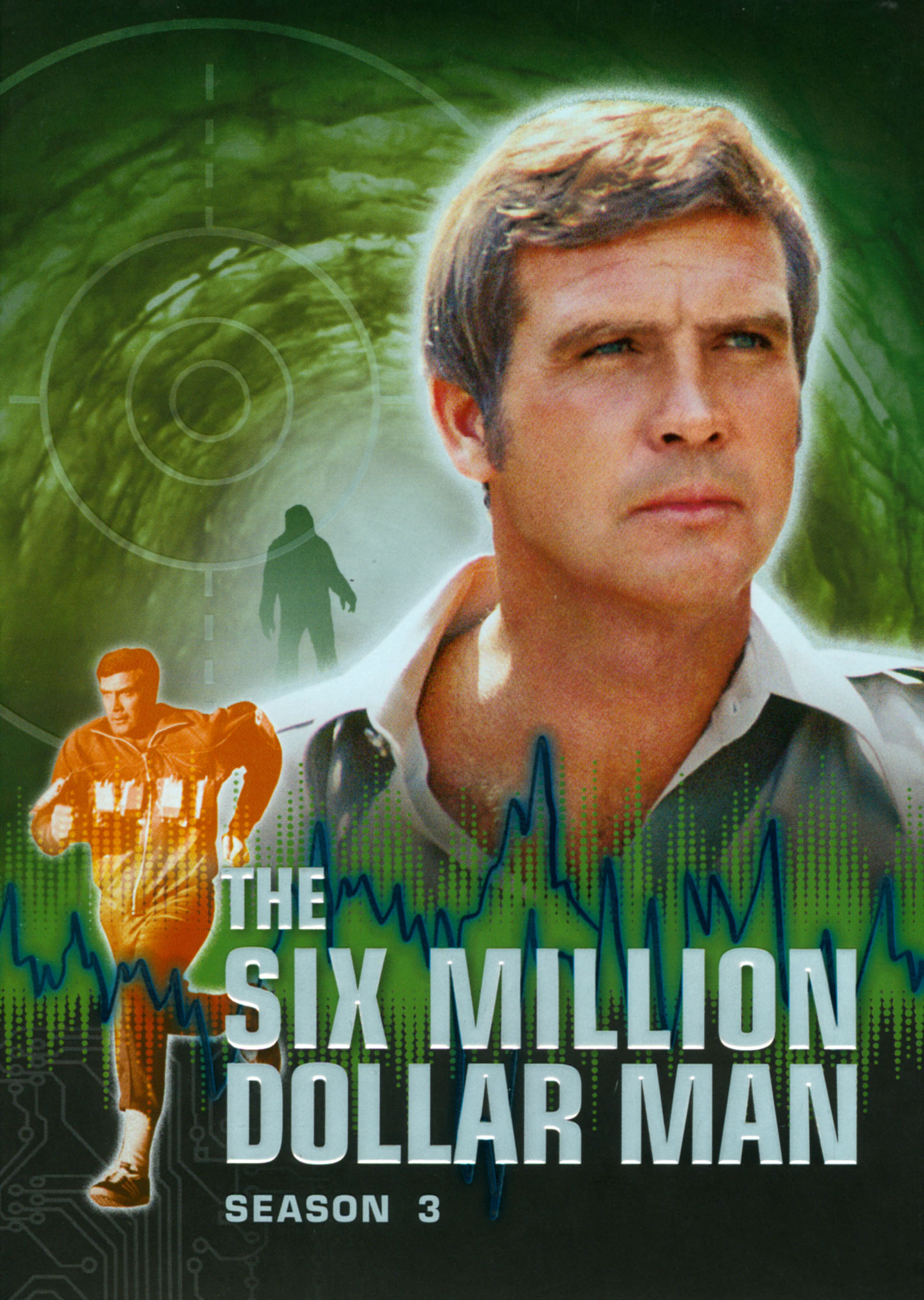by Deanna K. Kreisel [Doctor Waffle Blog]

I really don’t understand those podcasts where young women with their whole lives ahead of them spend an hour each week obsessing over serial killers. There are between one and 87 of these shows—I don’t know their names, I’ve never listened to them, and frankly I don’t want to know more than I already do. I am resisting Googling. But I’m aware of their existence because middle-aged women with half their lives ahead of them keep urging me to listen. The last time this happened, I was at a dinner party where I was regaled with a description of a podcast’s description of the Golden State Killer (do not Google!) over pasta carbonara and a nice Soave Classico. I spent the next few months obsessively checking and re-checking the door and window locks every night, then huddling under the covers in fear as I waited for sleep. I’m pretty sure there’s still a knife under the mattress “just in case.”
To be clear: I understand the pleasure of these shows. In fact, I understand it all too well—which is why I have no desire to start listening. I too have found myself crawling out of a Wikipedia rabbit hole of an evening, blinking in confusion and wondering why I just spent two hours of my time on earth compulsively reading about the exploits of Robert Pickton (do not Google!). What I don’t understand is how people can wallow in gruesome descriptions of psychopathy, gleefully taking in all the grisly details of murders, rapes, cannibalism, and the rest of it, and then calmly go about their daily lives. I’m not sure if my problem is mild undiagnosed OCD or just a hyper-sensitive nervous system, but once I get those images in my head I cannot get them out. Even the movie Titanic was too much for me—I left the theater shaking and sick with crying, watching in amazement as people around me in the lobby chatted about where to go for dinner. Avoiding images and descriptions of murderous mayhem is a discipline I follow that allows me to continue functioning as a moderately productive member of society.
But I think there’s something else going on with these serial killers, at least for me. Read more »

 I was a minor mess in high school. Had no idea what to do with my curly hair. Unduly influenced by a childhood spent watching late ‘70s television, I stubbornly brushed it to the side in a vain attempt to straighten and shape it into a helmet à la The Six Million Dollar Man or countless B-actors on The Love Boat and Fantasy Island. I couldn’t muster any fashion beyond jeans, t-shirts, and Pumas. In the winter I wore a green army coat. In the summer it was shorts and knee high tube socks.
I was a minor mess in high school. Had no idea what to do with my curly hair. Unduly influenced by a childhood spent watching late ‘70s television, I stubbornly brushed it to the side in a vain attempt to straighten and shape it into a helmet à la The Six Million Dollar Man or countless B-actors on The Love Boat and Fantasy Island. I couldn’t muster any fashion beyond jeans, t-shirts, and Pumas. In the winter I wore a green army coat. In the summer it was shorts and knee high tube socks. Most people associate the Cold War with several decades of intense political and economic competition between the United States and Soviet Union. A constant back and forth punctuated by dramatic moments such as the Berlin Airlift, the Berlin Wall, the arms race, the space race, the Bay of Pigs, the Cuban Missile Crisis, Nixon’s visit to China, the Olympic boycotts, “Mr. Gorbachev, tear down this wall!” and eventually the collapse of the Soviet system.
Most people associate the Cold War with several decades of intense political and economic competition between the United States and Soviet Union. A constant back and forth punctuated by dramatic moments such as the Berlin Airlift, the Berlin Wall, the arms race, the space race, the Bay of Pigs, the Cuban Missile Crisis, Nixon’s visit to China, the Olympic boycotts, “Mr. Gorbachev, tear down this wall!” and eventually the collapse of the Soviet system.